Who can forget the ever-changing blooms of hydrangeas–changing blue in acidic soil, pink in that with more lime and reminiscent of those science class projects using litmus paper. And then of course the white hydrangeas, with blooms resembling large snowballs that as children would often amaze us. As adults, they still do, which is why growing hydrangeas is so much fun. They’re not only easy to grow but are also quite hardy and resistant to most pests and diseases, making it even easier to care for hydrangeas. With numerous varieties to choose from, you’re certain to find one that’s right for you. Description from gardeningknowhow.com
Home > Plant Guide >
Scientific Name
Family
Garden Type
Wildlife
Native Plant Region
Light needs
Water Needs
Plant Type
Bloom Color(s)
Height
Width
Months in Bloom
Safe Beneath Power Lines?
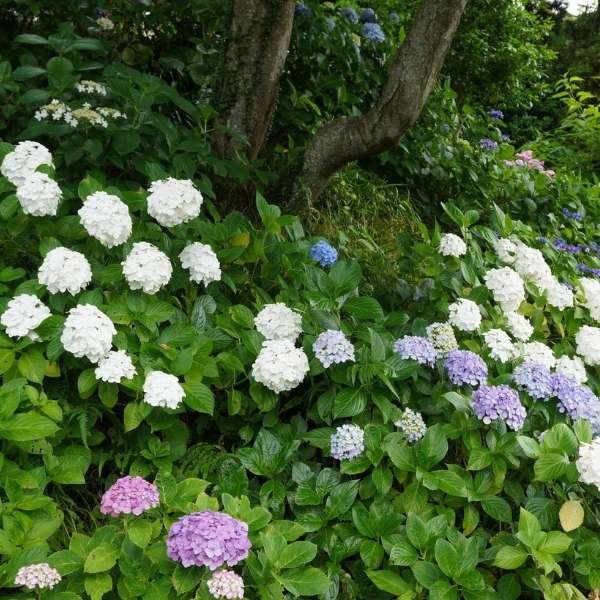
We’d like to maintain accurate and robust plant listings. If you see information that is not correct or that could be added to improve the listing, please let us know. Or if you’d like to suggest a plant to add to our plant guide, you can use this form do so. Thank you!
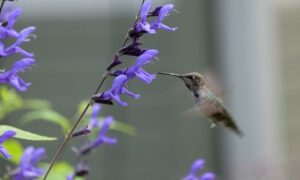
Protecting the trees and other vegetation that what we currently have is perhaps the most important way to ensure biodiversity in cities.
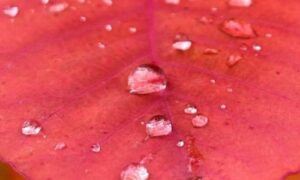
Seattle neighborhoods are full of wildlife and wild things. We’ve compiled a few exercises to help you slow down and appreciate the nature that surrounds you.
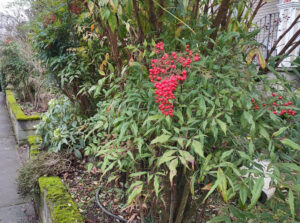
Some introduced plant species can diminish biodiversity. Other plants produce poisons that can harm wildlife. Learn what plants to avoid when figuring out what to plant or remove in your outdoor space.
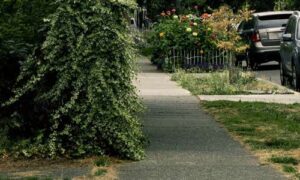
Start a garden in a planting strip along the street. Explore our interactive corridor map, find what to grow, and start nurturing today.
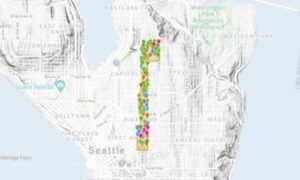
Get involved by sharing and mapping the birds, animals and nature around you to help the community understand the biodiversity in our neighborhood.
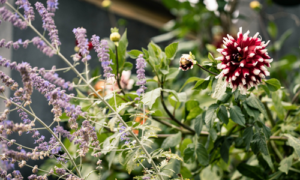
Learn about container gardening with shrubs, trees, herbs, veggies, perennials, and annuals. A special focus will be on plantings that provide pollinators with food and that encourage bird habitat.
Nature of Your Neighborhood is a collaboration between Birds Connect Seattle, the Capitol Hill EcoDistrict, and the Seattle Bird Conservation Partnership. Our goal is to foster relationships between the people and the nature of their neighborhoods.